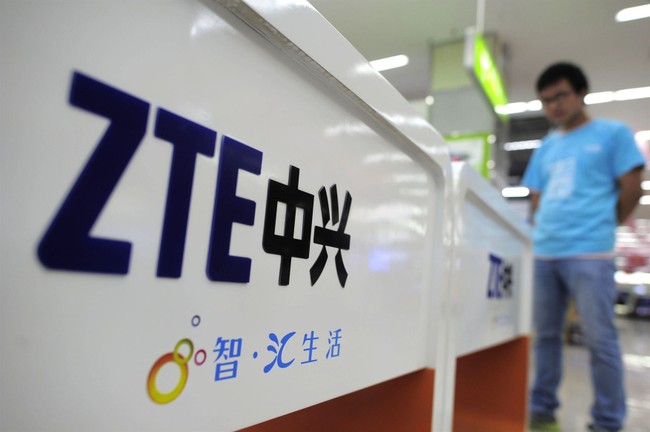
In an address at Macomb Community College in Michigan, Donald Trump told the friendly crowd that he wanted foreign auto manufacturers to build more factories in the U.S. What may have surprised them was Trump’s plea for the Chinese to build their cars in America, too.
Last year on the campaign trail, he said the same thing. “I’ll tell [Chinese automakers] if they want to build a plant in Michigan, in Ohio, in South Carolina, they can, using American workers, they can,” he told supporters in March 2024 in Dayton, Ohio.
Generally, this is a very good idea. It would help in redressing the lopsided balance of trade we have with China. But there’s a downside to the idea of allowing China to build its cars in the U.S. Modern automobiles are loaded with potential tracking and surveillance capabilities that pose an unacceptable national security risk.
City Journal notes, “All new cars, whether electric or internal combustion, are inextricable from computing elements, which govern everything from ignitions to anti-lock braking systems.” Some autos, like Tesla and the Chinese EVs BYD and Xiaomi, are referred to as “smartphones on wheels.”
Beyond the obvious, there’s the simple fact that all automobiles are built with parts from around the world, including China. Some Chinese-authored code may be embedded within them. It’s probably benign, but what about the future? The fact is that Chinese intelligence can order the cooperation of any Chinese company and force them to surrender data at any time.
“Chinese spy chips are found in hardware used by Apple, Amazon,” reported CNBC a few years ago.
Electropages reported in 2023 that “Investigation Reveals the Presence of Secret Devices in Government Vehicles.”
China putting tracking and other surveillance devices in autos is not new. So the real question becomes: Why risk it if the Chinese sell a couple of million vehicles?
The crossing of supply chains creates a golden opportunity for Chinese intelligence to gather massive amounts of data on Americans.
This connectedness makes vehicles vulnerable to hacking, malware, backdoors, and other forms of infiltration. While Trump seems content with the idea of Chinese cars on American roads, he should think twice about giving the green light to Chinese code. China’s state-backed hacking, including of critical systems like utility networks, could be used to target U.S. auto infrastructure given the right motive and opportunity.
People’s Liberation Army planners are known to be fond of shashoujian—“assassin’s mace” weapons—tools designed not to match an adversary’s strength but to bypass it through surprise and asymmetry. A compromised automotive software stack, quietly embedded in a mass-market fleet, could serve as just such a weapon.
Imagine a scenario in which cars on American roads were suddenly bricked like old smartphones or, more subtly, had their navigation systems scrambled. As self-driving features and vehicle-to-infrastructure connectivity proliferate, the tail-risks of attacks like these can only grow.
The Chinese have already infiltrated American energy, water, and transportation infrastructure.
“China’s auto industry is not just a competitor in global markets; it is a vector of national security vulnerability,” writes Jordan McGillis of City Journal. This is certainly something to be considered before we invite Chinese auto companies (and Chinese intelligence) through America’s front door.
Help PJ Media continue to tell the truth about the Trump administration’s accomplishments as we continue to usher in the Golden Era of America. Join PJ Media VIP and use promo code FIGHT to get 60% off your membership.












